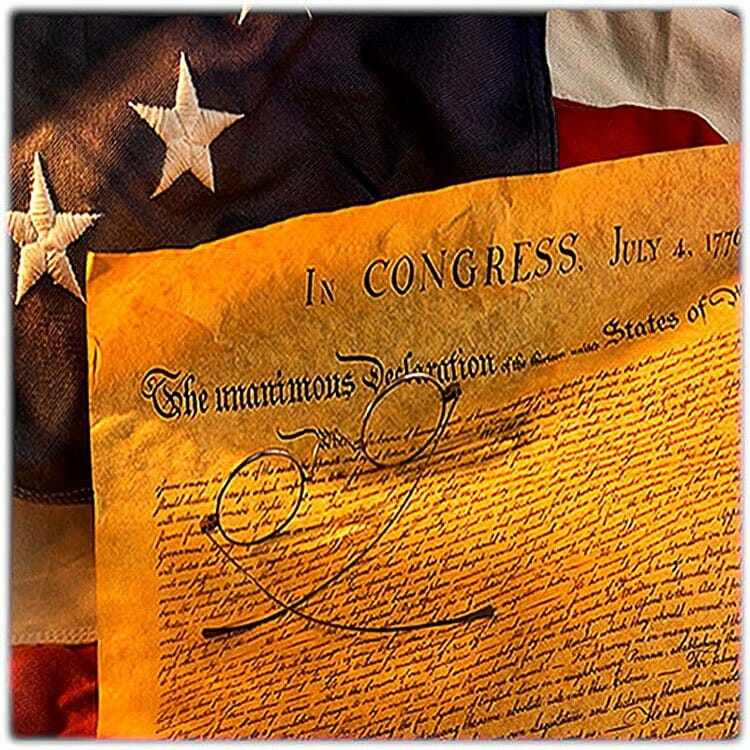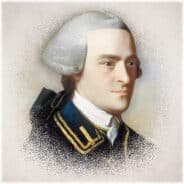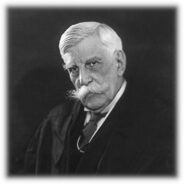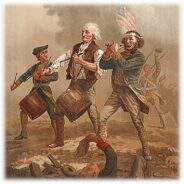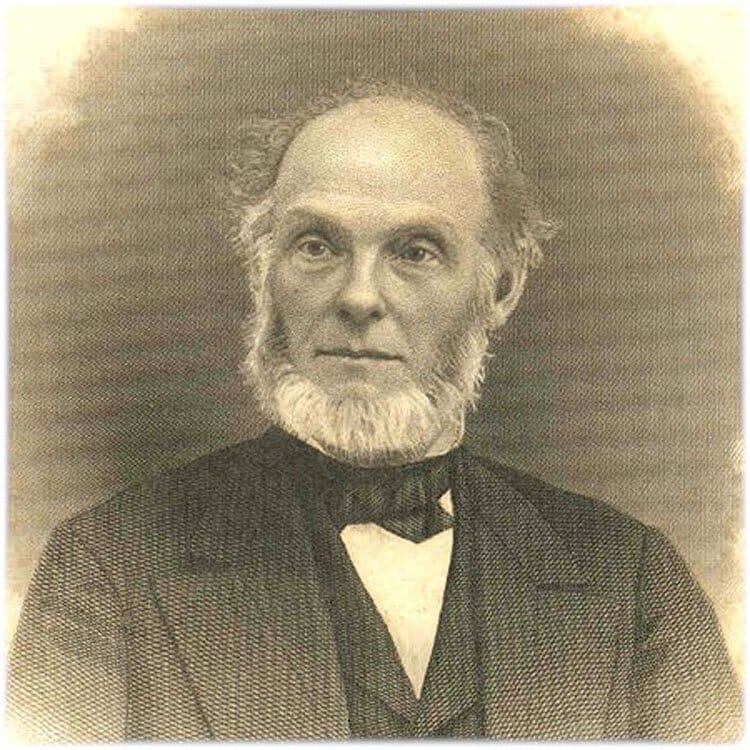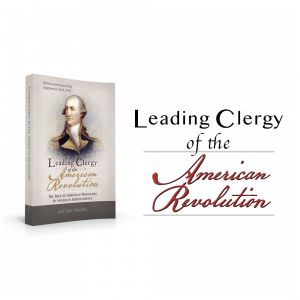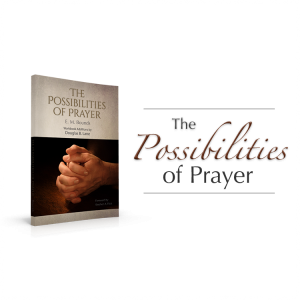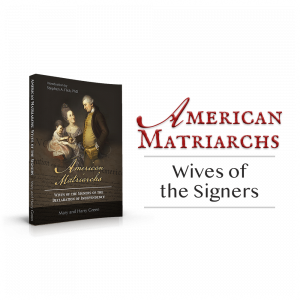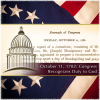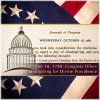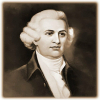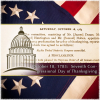For nearly three-quarters of a century, the voices of the citizens of the United States have been increasingly muted and silenced by a raucous liberal judicial oligarchy. Neither the constitutions of individual states, nor the federal Constitution have granted unilateral government to the judiciary, yet building upon nearly a century of liberalizing influences in America’s law schools, judges regularly dismiss duly enacted legislation, overturn jury verdicts, and deny states their rights. America’s Founding Fathers knew that political authority concentrated within a small group of individuals necessarily resulted in tyranny and abuse of power. Yet across America, state legislatures and the Congress of the United States allow these respective jurisdictions to be dominated and controlled by a comparatively small group of liberal judges—a judicial oligarchy! By allowing these judges and courts to remain in power, Congress and state legislatures strike a blow at America’s foundational document, the Declaration of Independence by allowing these government officials to silence the voice of the people.
Christian Influence Upon the Declaration
After years of attempting to resolve disagreements with King George III, the American Colonies decided upon a course of action that resulted in the dissolving of the political bond that united the Colonies with her mother country, England. On July 4, 1776, John Hancock, the sitting president of the Continental Congress, signed the Declaration of Independence, signaling the formal separation of the Colonies from King George and the British Isles. Over the ensuing months, a total of fifty-six courageous men signed the Declaration, fully aware that they would be regarded as traitors by the British crown and treated accordingly if captured.
The ideological foundation of the Declaration of Independence was religious. The Signers believed that fundamental human rights were not granted by the state, but were gifts granted by God—the “Creator.” Further, they believed that the role of human government was to support and protect those God-given gifts or rights. Their summary of these principles were presented in the second paragraph of the Declaration:
We hold these Truths to be self-evident, that all Men are created equal, that they are endowed, by their CREATOR, with certain unalienable Rights, that among these are Life, Liberty, and the Pursuit of Happiness.—That to secure these Rights, Governments are instituted among Men, deriving their just Powers from the Consent of the Governed, that whenever any Form of Government becomes destructive of these Ends, it is the Right of the People to alter or to abolish it, and to institute new Government, laying its Foundation on such Principles, and organizing its Powers in such Form, as to them shall seem most likely to effect their Safety and Happiness.[1]
The Signers of the Declaration, as well as the Founding Fathers, who later shaped the United States Constitution, believed that government was accountable to the people who were to exercise their God-given gifts responsibly within the bounds determined by the “Creator.” When government abused the God-given gifts of the people, the people had a God-given right to “alter” that government to conform to what God had intended—“their Safety and Happiness.” The purpose of human government was to protect the rights that God had given to each individual at their creation.
The Rise of Liberal Jurisprudence
The individual most frequently credited with having moved American law for its historic Constitutional and Christian foundation to the arbitrary subjectivism of liberal jurisprudence is Oliver Wendell Holmes, Associate Justice of the Supreme Court and for a very brief period of two months was acting Chief Justice. Influenced in his childhood and youth by transcendentalist philosophy of New England, Holmes denied a place to the authority of natural law in legal studies—something that was completely contrary to the foundation of American law under the Founding Fathers.
Holmes believed that law was relative and should change over time. With the rise of Darwinism in 1859, Holmes found a ready-made philosophy that supported his evolutionary views on law. As a result, American law schools—like American seminaries—became infatuated with the philosophy of Darwin and left their historical foundations, both disciplines being cast adrift upon a sea of relativity. Holmes and his liberal disciples, unlike America’s Founding Fathers, believed law was not something designed to protect the rights given by God, but was a product of the state, and what the state granted, the state had power to change or revoke completely.
Accountability to the People
The Signers of the Declaration made it clear that they believed that government must be accountable to the people. The United States Constitution also makes government accountable to the people through the ballot box or impeachment. But the Founding Fathers never believed that mankind alone was sufficient to correctly choose the right course in life, neither did they believe the age-old expression “Vox populi, vox Dei”—“The voice of the people is the voice of God.” The private and public writings of the Founding Fathers demonstrated that they were more deeply skilled in Christian theology than many contemporary ministers. Believing the Christian biblical doctrine of original sin, they knew that only through the faithful proclamation of the Gospel could people choose the right course for government to take.
They believed that government officials derived “their just powers from the consent of the governed,” but those who governed the government must be governed by the “Creator.” Unlike the French Revolution that placed all authority in state government, America’s Founding Father’s placed the government of the state in the hands of those who were governed by God.
Conclusion
For nearly three quarters of a century, America has not been governed by the moral convictions of the people, but by a liberal judicial oligarchy of a comparatively few people. Violating the Constitutional rights of states, the Supreme Court has removed prayer and Bible reading from our schools. With one decision, a judge sweeps away laws against sodomy duly voted upon by the people and ratified by legislative process. Over and over, the voice of the people has been silenced against the will of America’s Founding Fathers. Three-fourths of a century of judicial tyranny has gravely tattered the moral and social fabric of America. While the voices of small minority interests have been given a voice through liberal judges, the voice of the average American has been silenced by the liberal agenda. Without the courage of the Founding Fathers, Americans must endure the bonds of increasing judicial tyranny.
In three major areas, the voice of the American people is being silenced. First, the voice of the people at the state level is being silenced as federal courts usurp the rights and authority of states. Second, liberal judges are nullifying the verdicts of juries. Trial by jury is one means of ensuring that the voice of the people will be heard, but judicial tyranny is silencing this voice. Third, liberal judges who are resolved to advance the social agendas of minorities over the majority are regularly overturning duly enacted legislation.
While the legislative branch of government may be protected from impeachment, the executive and judicial branches generally are not. When these latter two branches of government routinely silence the voice of the people, they necessarily silence the sentiments of the Declaration of Independence. Succeeding generations of Americans will increasingly be enslaved to whims of a judicial oligarchy unless Americans exercise the same resolve as the Signers of the Declaration of independence. Let the people answer this tyranny with a unified voice—Impeachment now!
America deserves to know its true heritage.
Please contribute today!
Related Articles
[1] “Documents from the Continental Congress and the Constitutional Convention, 1774-1789,” Library of Congress (http://memory.loc.gov/cgi-bin/query/r?ammem/bdsdcc:@field%28DOCID+@lit%28bdsdcc02101%29%29, July 3, 2014).

